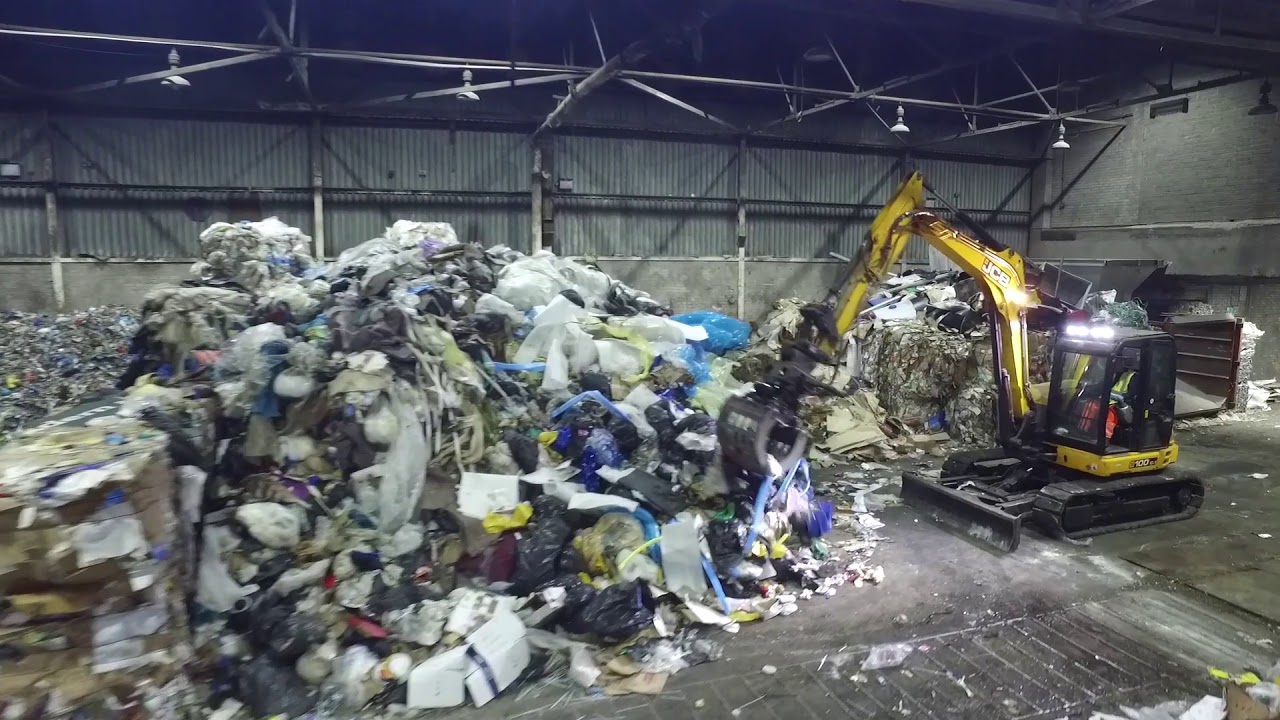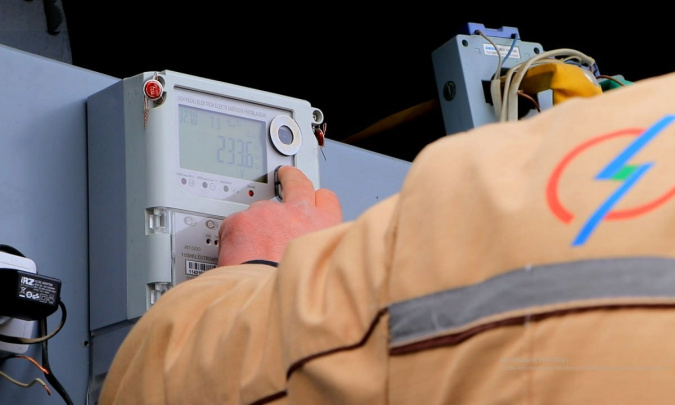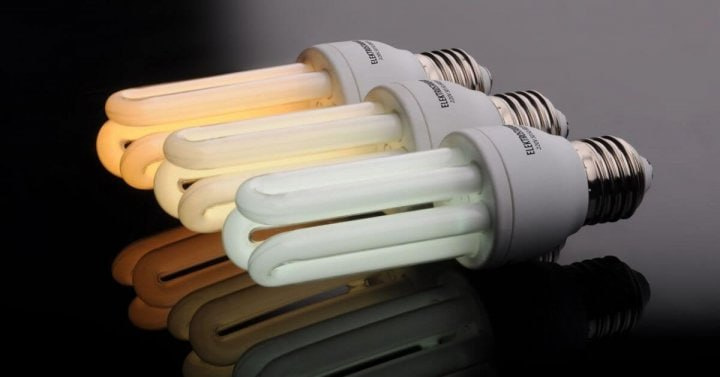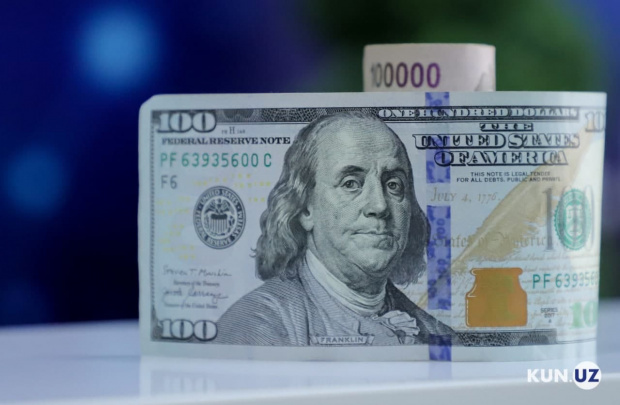Recycling of solid household waste to be brought up to 60% by 2028

Photo: Twitter
On April 17, President Shavkat Mirziyoyev signed a decree on Strategy for municipal solid waste (MSW) management in Uzbekistan for 2019-2028.
The document notes the insufficient provision of services for collection and disposal of MSW in rural areas, the poor state of the infrastructure in the field of MSW treatment and inconsistency of the existing MSW landfills with sanitary and environmental standards.
Currently, sanitation services cover about half of the country's population. The MSW management system today includes 13 state unitary enterprises on sanitary cleaning with 172 branches in districts and cities, as well as 9 clusters on the integrated treatment of MSW.
The main objectives of the MSW treatment Strategy for 2019-2028:
• development of sanitation infrastructure aimed at ensuring full coverage of the population with services for the collection and removal of MSW;
• creation of an efficient and modern system for processing MSW;
• reducing the volume of MSW sent to landfills, creation of modern MSW landfills that meet the requirements of sanitary and environmental standards, as well as taking measures to close and re-cultivate existing landfills;
• improving pricing and tariff optimization in the field of sanitation;
• use of MSW objects in the form of alternative energy sources.
The basic principles of the Strategy:
• compliance with environmental legislation at all stages of implementation of the strategy;
• MSW treatment, ensuring the control of all operations performed with MSW to reduce their negative impact on the environment;
• introduction of the “polluter pays” principle, defining the need to create an appropriate legal and economic framework providing for compensation of waste management costs by waste producers themselves;
• openness and transparency of the process of providing services in the field of MSW treatment on a competitive basis.
Stages of Strategy implementation:
• the first stage (2019–2021) – improvement of the legal framework and mechanisms for economic regulation in the field of MSW treatment, development of the material-technical base and infrastructure of sanitation to ensure effective organization of the provision of services for MSW collection and removal, strengthening payment discipline, creating a methodical and information support for the development of environmental education in the field of MSW treatment;
• the second stage (2022–2028) – acquirement of investments aimed at development of infrastructure for separate MSW collection, landfill optimization, construction of transshipment stations and waste treatment facilities, improvement of cluster activities for integrated waste management, development of their capacity for recycling of MSW.
Target Strategy indicators:
• bringing the coverage of services for the MSW collection and removal up to 100%;
• ensuring the processing of at least 60% of the generated MSW;
• an increase in the volume of processing of specific MSW (mercury-containing waste, tires, batteries, waste oils, packaging waste, etc.) up to 25%;
• reducing the amount of MSW sent for disposal at landfills up to 60%;
• bringing the state of all landfills in accordance with the established requirements, full land reclamation of the landfills eliminated;
• use of alternative energy sources at facilities for the MSW treatment up to 35%;
• monitoring of the state of landfills (controlling the status of groundwater and atmospheric air) up to 100%.
The State Committee on ecology and environmental protection was entrusted with the task of enhancing ecological culture of the population, as well as organizing large-scale propaganda activities, paying particular attention to prevention of offenses in the field of environmental protection, rational use of natural resources and waste management.
Related News

17:44 / 04.09.2024
Entrepreneurs’ surcharge for excess electricity and gas consumption to be reduced tenfold

15:16 / 21.06.2024
Consumers who install energy-saving devices to receive 15% discount on current tariff for 3 years

11:16 / 16.11.2023
Business Development Bank to allocate more than $1 billion to support small companies

11:21 / 17.10.2023




